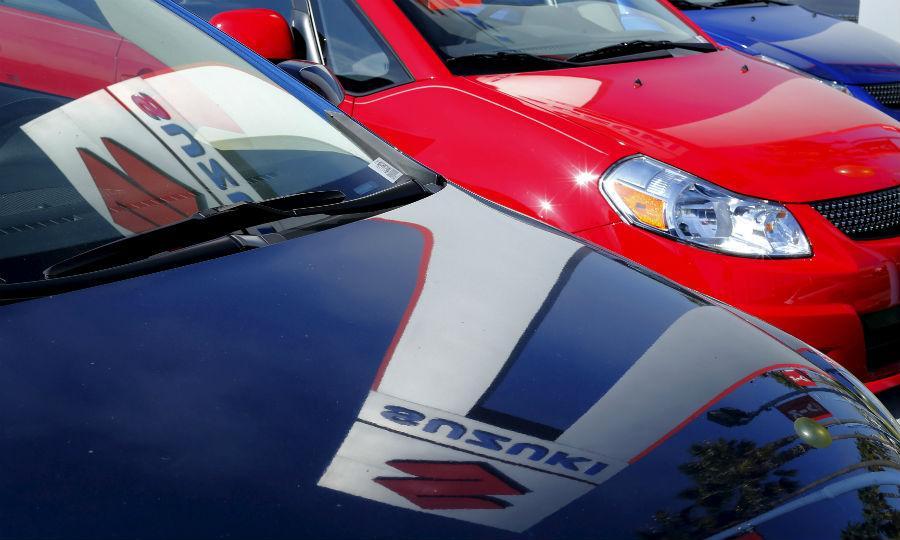 On Wednesday, Suzuki Motors announced that it used methods, to determine fuel economy of 16 different vehicles that was improper. The vehicles were all for the Japan market.
On Wednesday, Suzuki Motors announced that it used methods, to determine fuel economy of 16 different vehicles that was improper. The vehicles were all for the Japan market.
The admittance adds to a growing list of automakers, which have come under heavy scrutiny for the way in which they perform in tests set up by the government.
Suzuki stated that it did not seek to mislead its customers, and that testing had not exaggerated the ratings for fuel mileage. It also said that it was not planning to restate any of the ratings previously published.
That scrutiny hit the auto industry of Japan of late. On Wednesday, officials from Mitsubishi Motors said president Testuro Aikaw would resign following the disclosure by the company that engineers there had deliberately used test procedures that were unapproved that had exaggerated the fuel performance by up to 15% on certain models.
Nissan Motors, the new financial savior and partner of Mitsubishi was accused by environmental regulators in South Korea this week of cheating on its fuel tests.
Nissan disputed that accusation and said it has started working with South Korean regulators.
Suzuki shares dropped over 9% in trading in Tokyo Wednesday after reports in the news that it would be reporting discrepancies in fuel testing and become another automaker in Japan to come under heavy scrutiny.
CEO and chairman of Suzuki, Osamu Suzuki, apologized to his customers but did say that the company retested the vehicles and found there existed no significant differences between the new results and ones published previously.
The center of the problem was on the same regulation for testing that tripped Mitsubishi: the way, in which engineers calculate running resistance, which is the effect tire friction and other different factors have on the fuel consumption under different driving conditions.
Suzuki said that mileage tests at the development track of Suzuki located in central Japan produced inconsistent results that were attributed by engineers to wind. The track is located near the ocean on high ground.
Rather than running a number of tests to find an average, engineers at Suzuki cut testing corners through extrapolating running resistance in previous tests said the company.
That is a violation of the regulations, said the company, but did not cause a distortion in the final results, “beyond the margin of error that is standard.”
